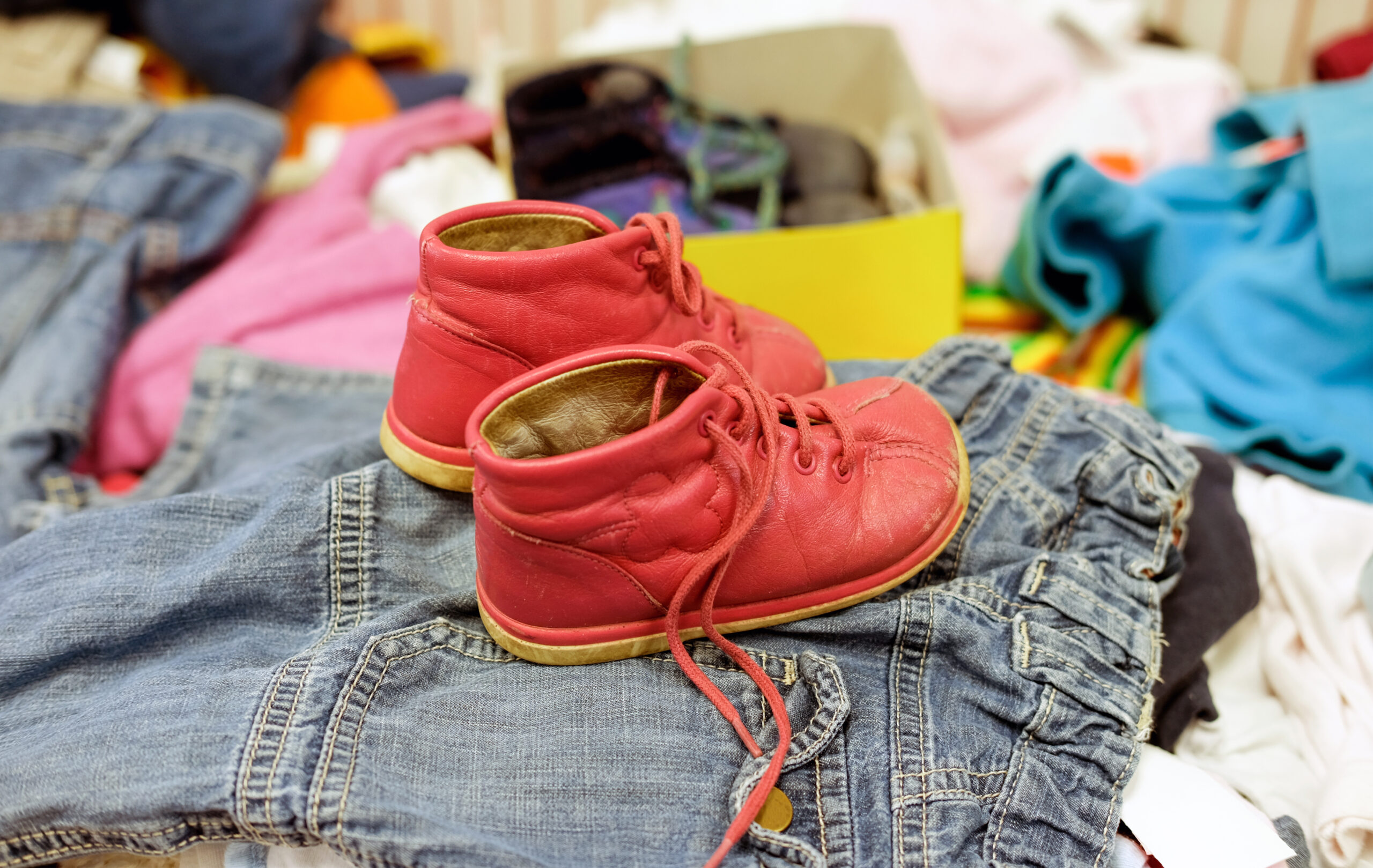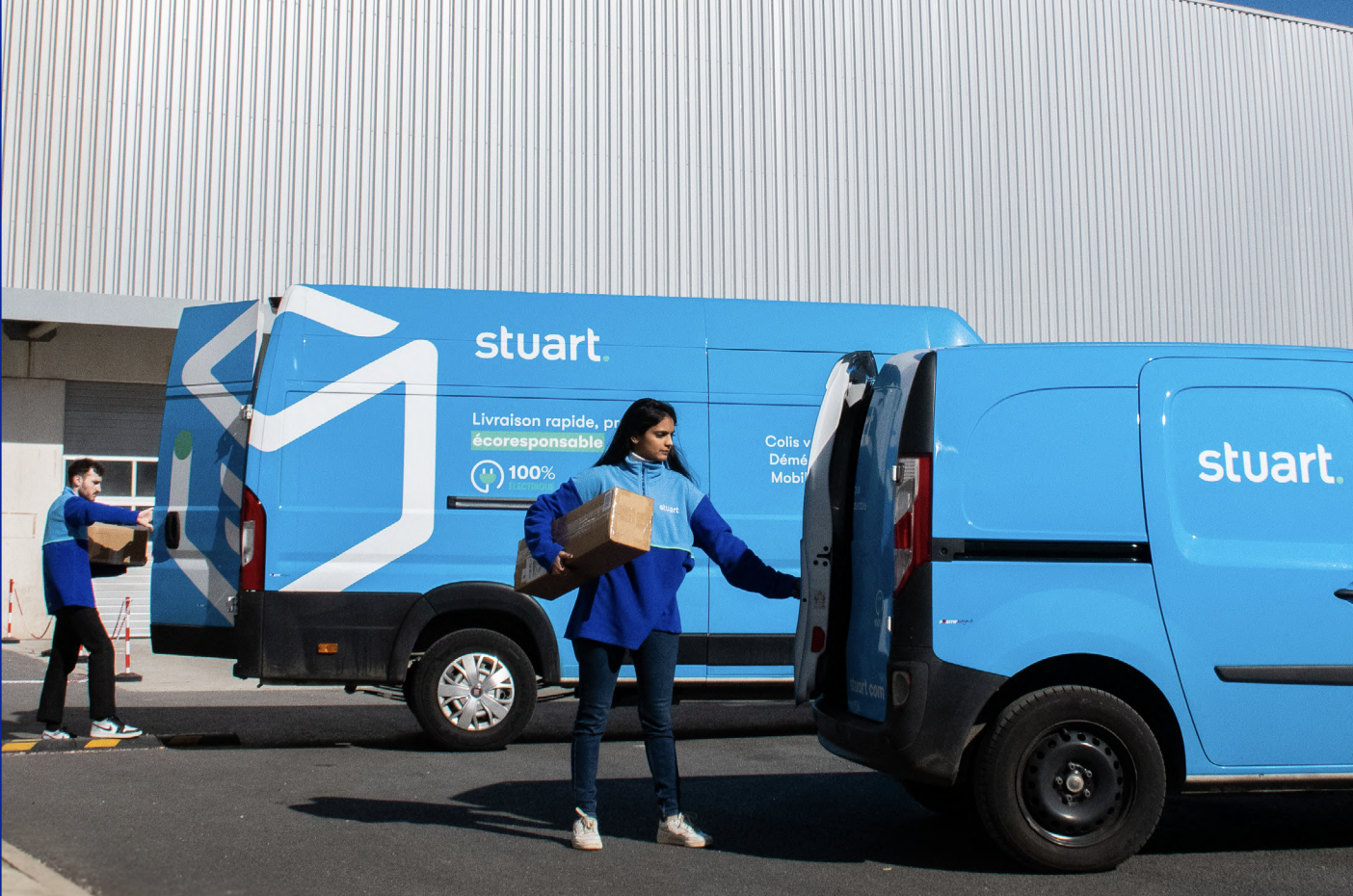Retailers’ move to prioritise stores that work within a multichannel context is resulting in the “polarisation” of retail space, British Land said this week, as it reported its full-year results. In the year to March 31 the group, which owns shopping centres including Meadowhall in Sheffield (pictured) reported pre-tax profits of £195m, down from £1.3bn a year ago, while the value of its property portfolio fell by 1.4%, to £13.9bn, and the value of its retail portfolio by 1.8%. Returns from its retail properties rose by 3.5%, down from 7.8% a year ago. It also had some interesting insights into the way click and collect shoppers spend.
Meanwhile, fellow commercial and retail property developer Land Securities, owner of sites including Bluewater Shopping Centre, spoke of the “transformational changes” it had made in its retail business as it reported pre-tax profits of £112m, in the year to March 31, down from £1.3bn a year ago, while the value of its investment properties fell to a deficit of £186m, from a surplus of £739m last year.
Here are the main points that struck us about the two property developers’ insights into online and multichannel commerce.
The polarisation of retail space
British Land said that its strategy was to invest in regional shopping destinations and local community centres that were more convenient in the course of daily life.
“The growth of online has driven polarisation in retail, as occupiers are increasingly focused on the best, and the most appropriate space to profitably grow sales across all channels,” British Land said in its full-year statement today. “We expect this trend to accelerate in the coming years, as retailers face a range of headwinds such as cost inflation and weaker consumer spending while the terms on which the UK leaves the EU are negotiated.
“For many of our occupiers, the best space means a number of flagship or ‘hub’ stores supplemented by a network of more convenient outlets which ensure sufficient coverage and are an important part of online fulfilment networks, including click and collect. This mirrors our strategy in retail which is to operate both regional centres, attracting visitors from a wide catchment for planned trips, with a breadth and depth of retail and leisure, and local centres which fit into the daily life of communities and are more convenient and accessible.”
Land Securities, meanwhile, said in its statement that: “Retailers’ and consumers’ use of online retailing continues to influence demand for physical space, and inflation is now putting pressure on consumer spending. However, we’ve continued to see good demand for the best space in the right locations.” It added: “Despite uncertainty in the wider market, retail destinations that provide consumers with a great experience held up well.”
Changing shopper behaviour
British Land says its insights into how consumers like to shop come both from shopper surveys and the data that it collects from their online interactions. It aims to reflect the range of shopper missions in its shopping centres.
It says that footfall and in-store sales were flat on last year – though ahead of the benchmark. Footfall at regional centres fell by 1.9% but sales were up by 0.3%: shoppers, it says, visit larger centres less often by spend more when they do. The opposite is the case at local centres, where footfall was up by 2.1%, and in-store sales down by 0.7%. British Land says that reflects greater use of click and collect that is not included in in-store sales.
At Land Securities’ shopping centres, footfall fell by 1.6%. Non-food retail sales were up by 1.7% in total, by down by 1.1% on a like-for-like basis that stripped out the effect of individaul store openings and closures.
Click and collect
British Land points to its True Value of Stores research, carried out with retail consultancy GlobalData, that found the use of click and collect at its local centres was 46% ahead of the national average. Click and collect customers, it said, spend about 50% more than the average shopper. “This outperformance illustrates that in a polarising market, our centres are attracting a disproportionate share of consumer demand.”
Who takes space, and where
Fashion, homewares and food and drink accounted for 25%, 27% and 15% respectively of British Land’s leasing. It plans are to increase the leisure and food and drink allocation across the portfolio from 10% currently.It says that it is seeing more retailers expanding to out-of-town locations, including Smiggle, Superdry, Charles Clinkard and Pret-A-Manger, while retailers such as Primark, JD Sports, Sports Direct and Schuh are opting for flagship stores at regional centres. Local centres have seen new lettings to Wilko, River Island, Nando’s and community-focussed occupiers such as Explore Learning and local gyms.
Land Securities says it’s focused on keeping the customer experience fresh by bringing “on trend” operators out of central London to regional locations, including Dirty Bones to Westgate, and Mercedes to St David’s Cardiff, and Buchanan Galleries, Glasgow. It said: “Cycle brand Ribble’s pop-up at St David’s was so successful they’re looking at more sites. In total, we brought 150 pop-up stores and kiosk operators into our assets this year.”
During the year, online retailer Missguided opened a store at Bluewater.
Retail leases are getting shorter
British Land showed that the average length of time to the first break in retail leases had fallen over the year to 8.6 years from 9.8 years last time. That reflects many retailers’ stated desires to be tied into stores for less time: this week, for example, Mothercare said it now had a more “agile” store estate, with average leases of five years.









